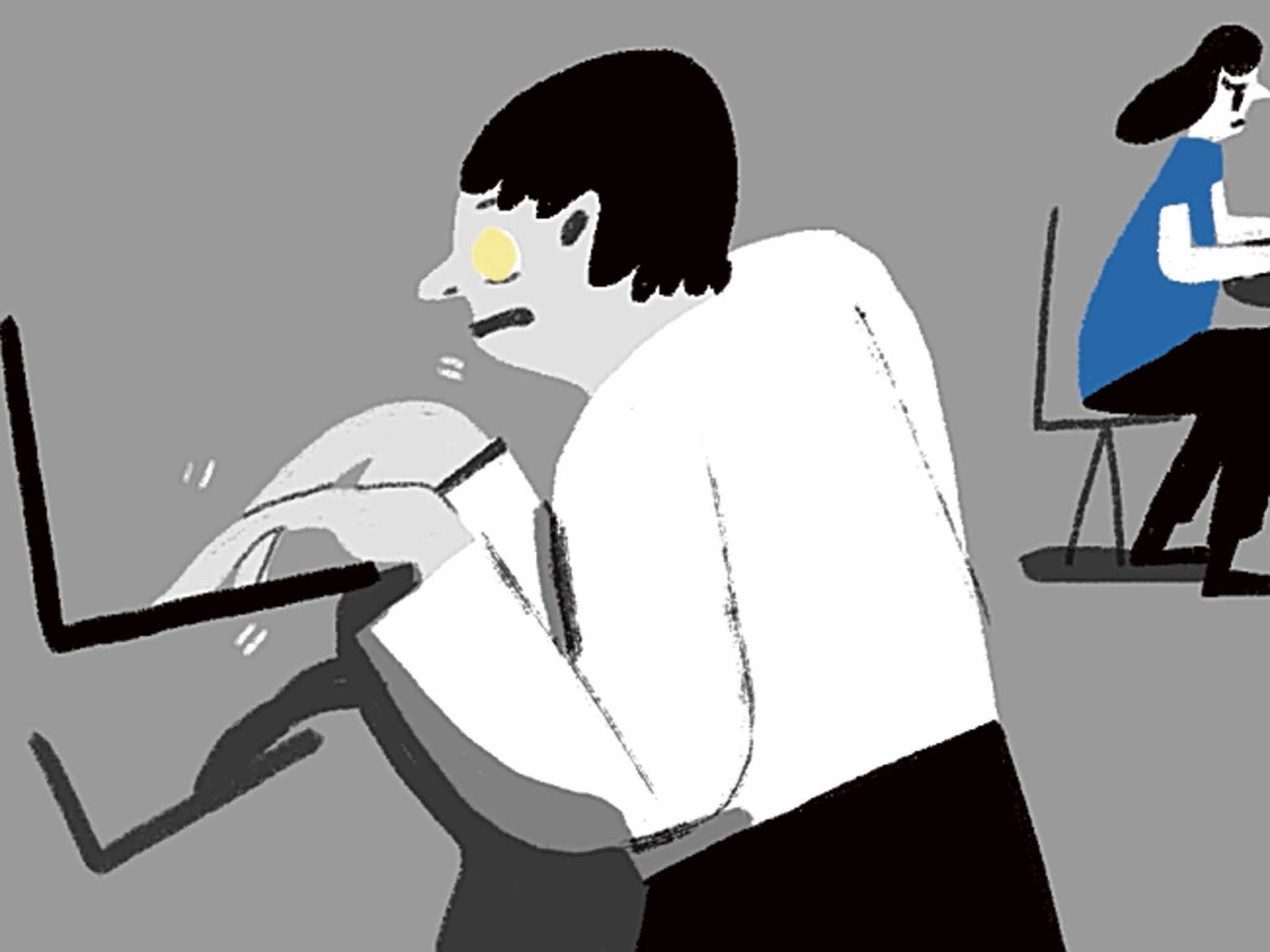Writing books is not a sane way to make a living
You have to overcome fear, anxiety, doubts, idleness, Jeremy Kyle

Since the beginning of the year I have been writing a book about Star Trek. Next September, it will be 50 years since the first episode (“The Man Trap”) was shown on American television, and although an anniversary isn't necessarily the best reason for a new book, observers of the publishing process will know that it's often a very good excuse. A couple of weeks ago I finished the book and sent it off by email, three and a half months after the original deadline, two and a half months after the renegotiated deadline and six weeks after the absolutely final deadline that could not be breached on pain of death. Douglas Adams's famous comment on the subject (“I love deadlines – I like the whooshing sound they make as they fly by”) speaks to every writer in the world, alive or dead.
This will be my seventh book to be published, although if you count collaborations, editing and compilation jobs, and a few dodgy projects I have carefully edited out of my CV, the figure veers closer to 20. It seems an awful lot. I regularly meet up for lunch with my two novelist friends, and we discuss the process, mysterious as it is to us all. One of them is halfway through the first of a projected six-novel sequence, which will pay for everything if it works. “All I have to do now is write them,” she whispers, with tears in her eyes. The other has been writing her latest for nearly four years, and has just written the last sentence. It's a good last sentence, she says. She is less sure about all the sentences that precede it, but it's a start.
Experience, we agree, has taught us nothing. Every problem we solved last time has to be solved again anew. Whoever we were when we wrote those other books, we can only dimly remember. All we have is the reassurance that we have done it before. I suspect it's a little like another of Douglas Adams's wheezes, the idea that humans can actually fly as long as they stop thinking that they can't. Suspend disbelief for long enough, and you will take to the air, but the moment you realise you shouldn't be able to do this, you will plummet to the ground. Once again, he was talking about writing.
We also agree that there are two significant thresholds in the writing of a book. The first is Cracking It, when you realise that you have something, that the past few months or years haven't been entirely wasted. The second, rather later, is Breaking The Back Of It, which is the moment when you realise that you will finish this book. From then, it's just a matter of putting in the hours. This is the most satisfying part of the process. Actual publication pales by comparison.
To start, therefore, you have to overcome fear, anxiety, doubts, idleness, Jeremy Kyle. You then have to keep going. Bum on seat, fingers on keyboard. It's the only way. At the beginning, you concentrate on the details: the sentence, the grammar, the word. But by the end, almost by default, you have the whole thing in your head. There isn't actually room for anything else. You look permanently distracted. If someone asks you what you are up to, you tell them, in distressing detail. You can't really talk about anything else.
Months later it's published and your head is busy with something new. If you do an interview, you need to read your own book to remind yourself what you wrote. This isn't the sanest way to make a living. In fact, it's not in the top 5,612,364.
Join our commenting forum
Join thought-provoking conversations, follow other Independent readers and see their replies
Comments
Bookmark popover
Removed from bookmarks